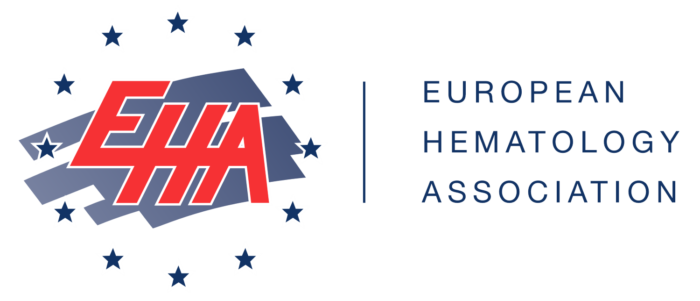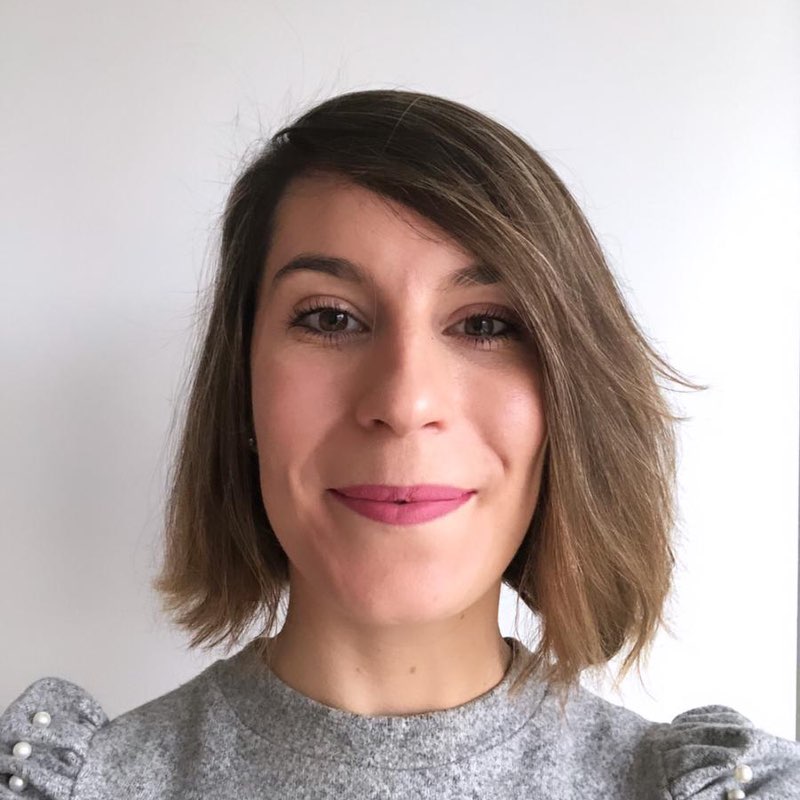Mission Bio at EHA!
We are back from the 2019 European Hematology Association conference in Amsterdam, what a great meeting it was for the cancer community.
There were many exciting research topics, with special emphasis in CAR-T therapy, as well as many new clinical trials proving success in patient overall survival improvement. CAR-T is set to revolutionize oncology and may also have the potential to treat autoimmune diseases as well as a range of other conditions. By engineering a patient’s own immune cells to fight tumors, the therapy opens the door to a new facet of personalized medicine.
We had a busy three days at the booth, where we had the opportunity to meet with clinicians and researchers from all over the world, including key thought leaders from MD Anderson Cancer Center, King’s College London, Peter MacCallum Cancer Centre in Australia, Seoul National University Hospital in Korea, Erasmus in Netherlands, FIMM in Finland and University of Newcastle, just to name a few.
On Saturday morning, Dr. Kiyomi Morita from Dr. Koichi Takahashi’s group at MD Anderson presented data on the single-cell atlas of driver mutations in AML; they have characterized AML driver mutations across 77 patients, analyzing a total of 556,951 cells. Dr. Morita highlighted the importance of a single cell level approach to illustrate the role of tumor heterogeneity in clinical resistance and outcome. She showed how the Tapestri Platform enabled them to visualize the cell-level co-occurrence and mutual-exclusivity pattern of mutations. They also described that, some of the driver mutations in AML presented as homozygous, are a result of loss-of-heterozygosity (LOH), and reconstructed phylogeny of complex samples, uncovering the evolutionary history of the tumor.
We had numerous discussions about the recent publication in Cancer Discovery from UCSF and Penn, which was the first-ever study using single-cell DNA analysis to reveal how cancer evolves in response to targeted treatment, eventually leading to therapy resistance and disease progression in AML patients. This study continues the efforts in leveraging single-cell DNA sequencing to outsmart cancer.
We heard from several researchers on their interests in how to apply the single-cell DNA analysis in their research. One investigator at FIMM Institute for Molecular Medicine Finland informed us on how the Tapestri Platform could help determine co-occurrence of mutations of BCL-2 and oncogenic RAS in case of resistance to BCL-inhibitor drugs such as the apoptosis-inducing drug venetoclax. Other investigators said they could use the Tapestri Platform to discover low prevalence activating mutations in the FLT3 tyrosine kinase (TK) domain that could lead to resistance to TKIs in AML.
We showcased a live demo of our new AI tool Tapestri Designer the first-ever automated, cloud-based tool for designing targeted single-cell DNA custom panels. This proved to be effective for investigators wanting to build their own custom panels, like ALL, multiple myeloma, and many others. Being able to generate design files for a custom panel in minutes rather days proved to be a significant improvement and was well received by the translational research community.
Measurable residual disease (MRD) was, of course, another major topic of interest at EHA. We were delighted to see how researchers see the value of using single-cell analysis for MRD monitoring, not only to determine whether a patient is MRD positive or not, but also to assess hundreds of mutations simultaneously, deciphering the heterogeneity of the samples taken at complete remission timepoints, which could explain the different relapse scenarios in terms of passenger and driver mutations.
Finally, the highlight for us was undoubtedly single-cell multi-omics. Our exhibit showcased the capabilities of the Tapestri Platform to detect both DNA and protein, and DNA and RNA, from the same cell. The possibility to differentiate populations within your samples based on surface markers, and to combine that information with genotypes for hundreds of targeted loci, was something every visitor was excited by, and we look forward to sharing more later this year.
Great to see everyone in Amsterdam. And if we missed you, we hope to you see you at ASH in Orlando!












